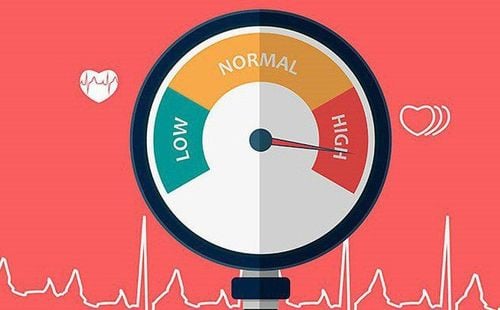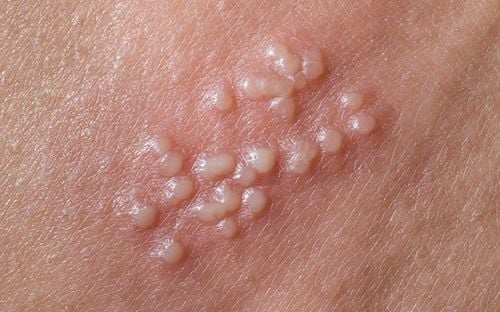After a passionate night, you only want to cuddle up with your partner. But there are some important things you should do afterward. Here are the best tips for what to do after sex to keep your sex life and health in tip-top shape. So, what not to do after sex, and what to do after sex?
Take a shower
You shouldn't jump out of bed and immediately take a shower. Simply cleaning yourself gently after sex will help protect both men and women from urinary tract infections (UTIs). Wash the area around (not inside) the genitals with warm water. You can use a mild soap, but if you have sensitive skin or a skin infection, you shouldn't use soap because it can dry or irritate the area. Men with foreskin should gently pull back and wash the inside of the foreskin.
Don't douche
Some women think they need to wash the inside of the vagina after sex with water or a cleanser, but douching can lead to more infections by upsetting the natural balance of bacteria that protect the vagina. The best way to care for the vagina after sex is not to douche, letting the vagina clean itself naturally. Also, remember that a slight odor is normal and may not indicate a medical condition.
Keep it simply hygiene
Along with douching, drug stores carry a variety of wipes, creams, and sprays that can help you clean your private area again. Some products are made with harsh soaps, detergents, shampoos, perfumes, or colognes that can irritate your skin. However, a gentle rinse with warm water after sex is enough. Avoid using scented tampons, pads, powders, and sprays, especially if you're prone to infections.
Empty your bladder
During sex, bacteria can enter the urethra, the tube that carries urine out of your body, which can increase your risk of infection. When you urinate, you also flush out germs with your urine. So, after enjoying sex with your partner, you should urinate right after having sex. If you are a woman, you should wipe from front to back to prevent the spread of bacteria.
Drink a glass of water.
Drinking a glass of water after urinating is a good idea to avoid dehydration and thirst. When you are well hydrated, you will urinate more often, which means more bacteria will be washed out before an infection can develop.
Wear loose clothes
Hot, sweaty areas are ideal places for bacteria and fungi to thrive, so we should wear loose, airy underwear and clothing that allows air to circulate. Women should avoid tight bras and panties. Cotton underwear works well for both men and women because it is breathable and absorbent. You can also go without underwear to bed.
Wash your hands
Keeping your hands clean is the best way to remove bacteria that you may have picked up from touching your genitals or your partner's. It is the key to preventing the spread of infection. Wash your hands with soap and water, and make it a habit to wash your hands after sex.
Cleaning sex toys
After using these toys, bacteria, viruses, and fungi can stick to the surface of these toys, which means that your toys can spread sexually transmitted diseases and other infections. Therefore, you need to clean all these toys after each use; it is best to check the instructions for the correct cleaning method. Do not share toys with others, as this can cause cross-contamination. If you intend to share with others, try to cover the toy with a new condom each time you use it.

Treat infections
If you notice symptoms such as itching, burning, or a thick, white discharge from the vagina or penis, treat it before continuing with sex. And STD treatment isn't just for you—your partner needs to be treated, too.
Consider getting tested
If you are sexually active, especially if you have a new partner, you should both get tested for sexually transmitted infections. Most of these infections have no symptoms, so testing is the only way to know if you have one. You can also watch for symptoms, such as discharge, pain, blisters, sores, spots, or lumps around your genitals.
Take extra care during pregnancy.
Sex is usually safe during pregnancy unless you are more likely to get an infection, such as a urinary tract infection, during this time. Therefore, it is even more important to follow the basic post-sex hygiene techniques outlined above, such as urinating after sex, washing around the vagina, and drinking water. You should also encourage your partner to do the same.
To arrange an appointment, please call HOTLINE or make your reservation directly HERE. You may also download the MyVinmec app to schedule appointments faster and manage your reservations more conveniently.
To arrange an appointment, please call HOTLINE or make your reservation directly HERE. You may also download the MyVinmec app to schedule appointments faster and manage your reservations more conveniently.








